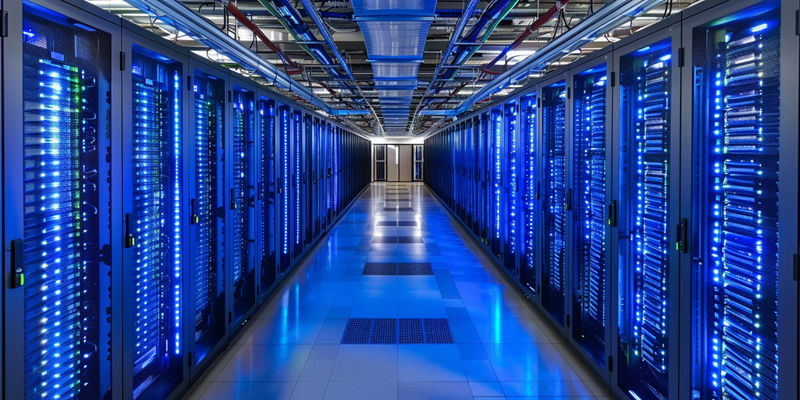The digital revolution, spearheaded by advancements in artificial intelligence (AI), has ushered in an era of exponential growth in data centers. These hubs of computation fuel everything from e-commerce and social networking to sophisticated AI algorithms. As data centers become more sophisticated and energy-hungry due to AI advancements, they are contributing to an unprecedented surge in electricity demand, with effects reverberating through energy grids and fuel markets. TC Energy Corporation, a key player in North American gas pipelines, forecasts a significant uptick in natural gas consumption as a consequence.
The figures are stark; AI-driven data center demand is estimated to increase the need for natural gas in electricity production by around 8 billion cubic feet per day by 2030. This represents a jump of 21% compared to the current fuel usage in the U.S. to power such facilities. Given the energy-intensive nature of contemporary AI systems and the continuous digital expansion, this phenomenon is creating one of the largest increases in electricity demand in recent history.
Impact on Infrastructure and Market Trends
The digital age, driven by AI advancements, is causing a substantial spike in data center energy use. These nerve centers of the digital world power commerce, social media, and AI, but their sophisticated operations demand vast amounts of energy. As a result, electricity consumption is soaring, creating ripples across power grids and energy markets.
Energy infrastructure company TC Energy Corporation has noted this trend, predicting a sharp rise in natural gas usage to meet the power needs of data centers. AI’s impact is significant. By 2030, AI-related data center activities are expected to increase natural gas demand by roughly 8 billion cubic feet per day, marking a 21% rise in the current energy consumption for U.S. data centers. This surge in energy demand from AI operations represents one of the steepest climbs in electricity usage witnessed in modern times.

